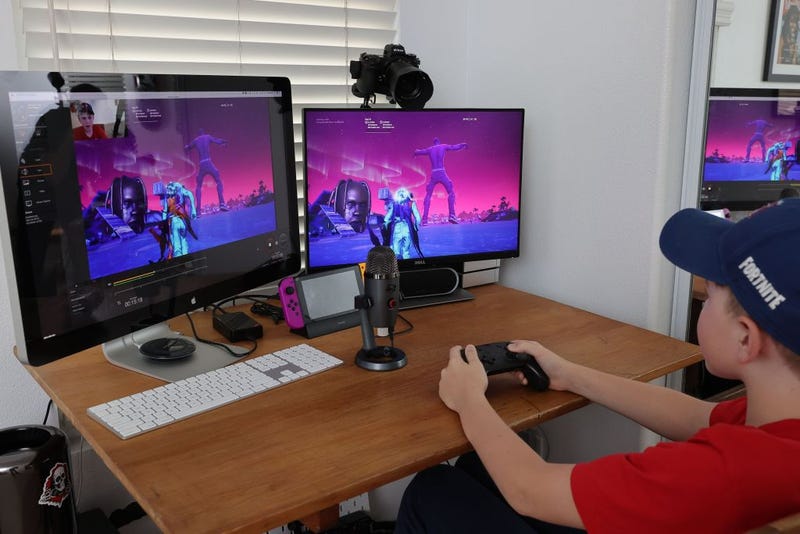
Epic Games, developer and publisher of the popular game Fortnite, has settled its case with the Federal Trade Commission over violations of the Children’s Online Privacy Act. Now the game developer will pay $520 million in fines.
The case brought against Epic Games by the FTC claimed that the gaming company put children and teens at risk of “dangerous and psychologically traumatizing issues” by putting them “with strangers.” It also claimed Epic failed to introduce parental control systems that worked adequately, and would allow parents more say in who their kids play Fortnite with.
FTC chair Lina Khan spoke about the case, saying that the agency is working to stop any and all unlawful practices that put kids at risk.
“Protecting the public, and especially children, from online privacy invasions and dark patterns is a top priority for the Commission, and these enforcement actions make clear to businesses that the FTC is cracking down on these unlawful practices,” Khan said in a statement.
Now the game developer will pay two fines, one of $245 million for Fornite’s in-game store and refund systems, and the other of $275 million for child privacy concerns.
The FTC argued that Fortnite was deliberately made to appeal to children, with the use of “music, celebrity, and brand partnerships.” However, it was never once able to “cure” or address any COPPA violations that were present.
Instead, attempts from Epic to address harassment issues on the platform were called “weak-willed” by the FTC, which also pointed out that it took two years for parental controls to be added to the game.
An Epic internal report cited by the FTC shows how the company failed to implement strategies that would protect children and meet federal regulations, even though it had done research that showed features like voice chat was “a risk in terms of negative social behavior.”
“All the while, kids have been bullied, threatened, and harassed, including sexually, through Fortnite,” the FTC complaint read.
Epic shared in a statement that it has accepted the fine and will work to make sure its users are not put at risk going forward.
“The laws have not changed, but their application has evolved, and long-standing industry practices are no longer enough. We accepted this agreement because we want Epic to be at the forefront of consumer protection and provide the best experience for our players,” Epic said in a statement.


